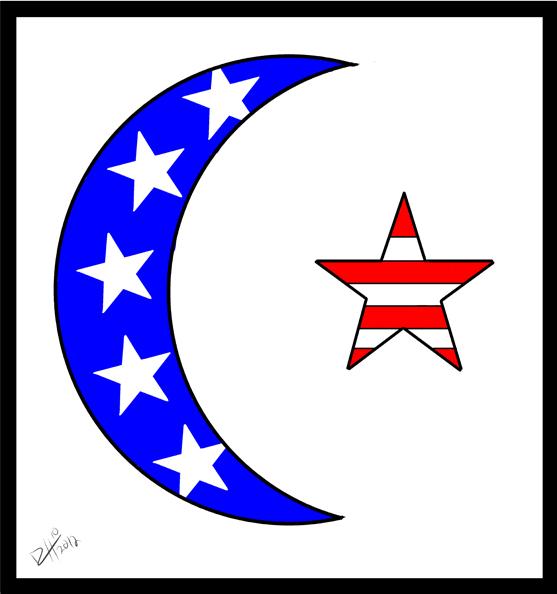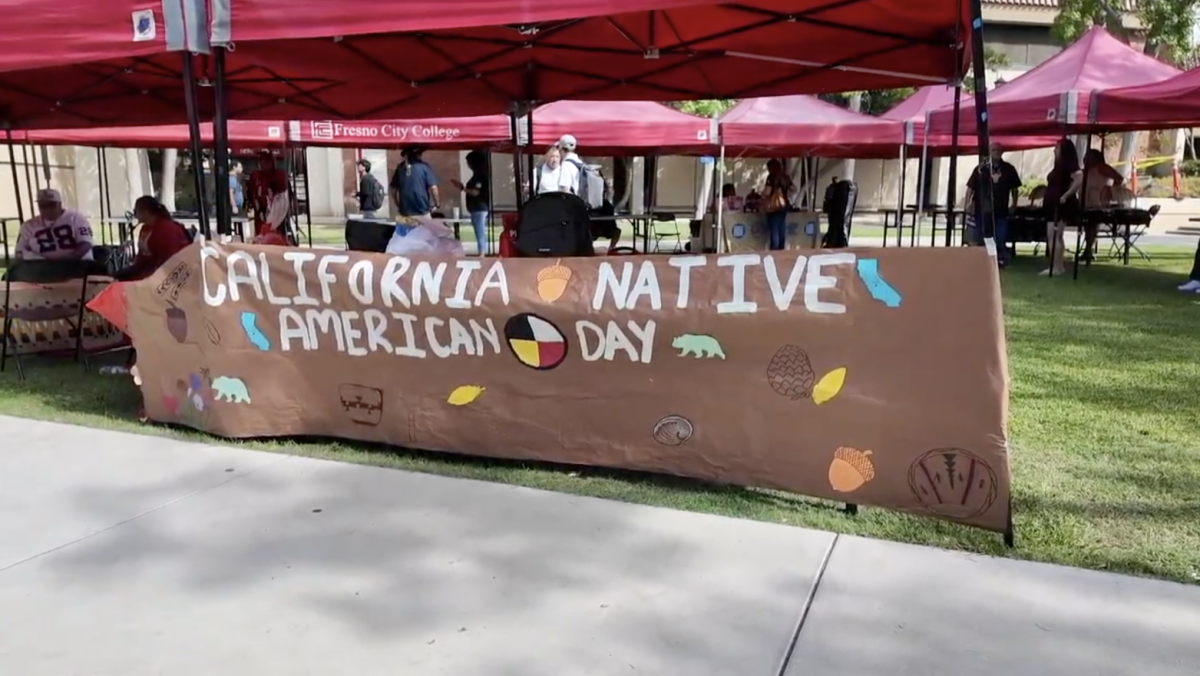It seems deficient to argue that a generalized Muslim anger explains violence from Indonesia to Bangladesh, Iran and Senegal.
It’s like arguing that authoritarian strains in Christianity could explain apartheid, Argentine juntas, and the rise of Adolf Hitler.
Nevertheless, the meme sold, and it still sells. Last week, Newsweek’s cover splashed “Muslim Rage” in large type above a photograph of shouting men. Inside came advice on how to survive “Islamic hate.”
Cable news channels—Fox and MSNBC alike—showed similar images, hour after hour.
By now, many Americans must find nothing remarkable about the conflation of Muslim faith and contorted faces.
A short film on YouTube, called “Innocence of Muslims,” is the cause of the latest outbreak of violence. An Egyptian Coptic Christian on probation in California for bank fraud is apparently behind the movie. The film is offensive to followers of Islam, which was his intent. The dialogue is laced with sectarian slander, and the low-budget aesthetic recalls “Santa Claus Conquers the Martians.”
The film came out in June, but took weeks to reach extremists in North Africa. In Libya, on Sept. 11, attackers armed with rocket-propelled grenades carried out a strike that may have been pre-planned, killing U.S. Ambassador J. Christopher Stevens, the first ambassador to be killed on duty since 1979.
And this is of course a terrible occurrence and thoughts go out to the family and friends, but this is again no reason to blame an entire religion of an estimated 2.1 billion people.
And that shows up in numbers as well; more than eight out of 10 (83 percent) of Americans say that self-proclaimed Christians who commit acts of violence in the name of Christianity are not really Christians. In contrast, 48 percent of Americans say that self-proclaimed Muslims who commit acts of violence in the name of Islam are not really Muslims.
According to the Public Religion Research Institute, nearly nine out of 10 (88 percent) Americans agree that the United States was founded on the idea of religious freedom for everyone, including religious groups that are unpopular. Ninety-five percent of Americans agree that all religious books should be treated with respect even if we don’t share the religious beliefs of those who use them.
As with other previously marginalized religious groups in U.S. history, Americans are grappling with the questions Islam poses to America’s founding principles and way of life.
But honestly, there isn’t a lot to try to understand to get inside the mind of Muslim beliefs. For starters, the basics are similar to many other religions, give to the poor or needy and pray to worship God. Other than that there is only a pilgrimage to take to Mecca, fast during the holy month of Ramadan and the most basic saying the creed of Islam or Shahadah.
Just like in most religions, God wants us to be telling the truth and not to take from others what rightfully belongs to them.
We are to respect the dignity of every person and help especially those who are not capable of helping themselves, such as widows, orphans, and the poor. All three of the major religions believe in Golden Rule: doing to others what we wish others do unto us. And they all foster modesty, moderation and honest work.
Many things that happen around the world may be terrible. But just as a word of wisdom, it needs to be viewed as the exception not the rule. And we must remember that no matter how different, all people deserve our respect.








